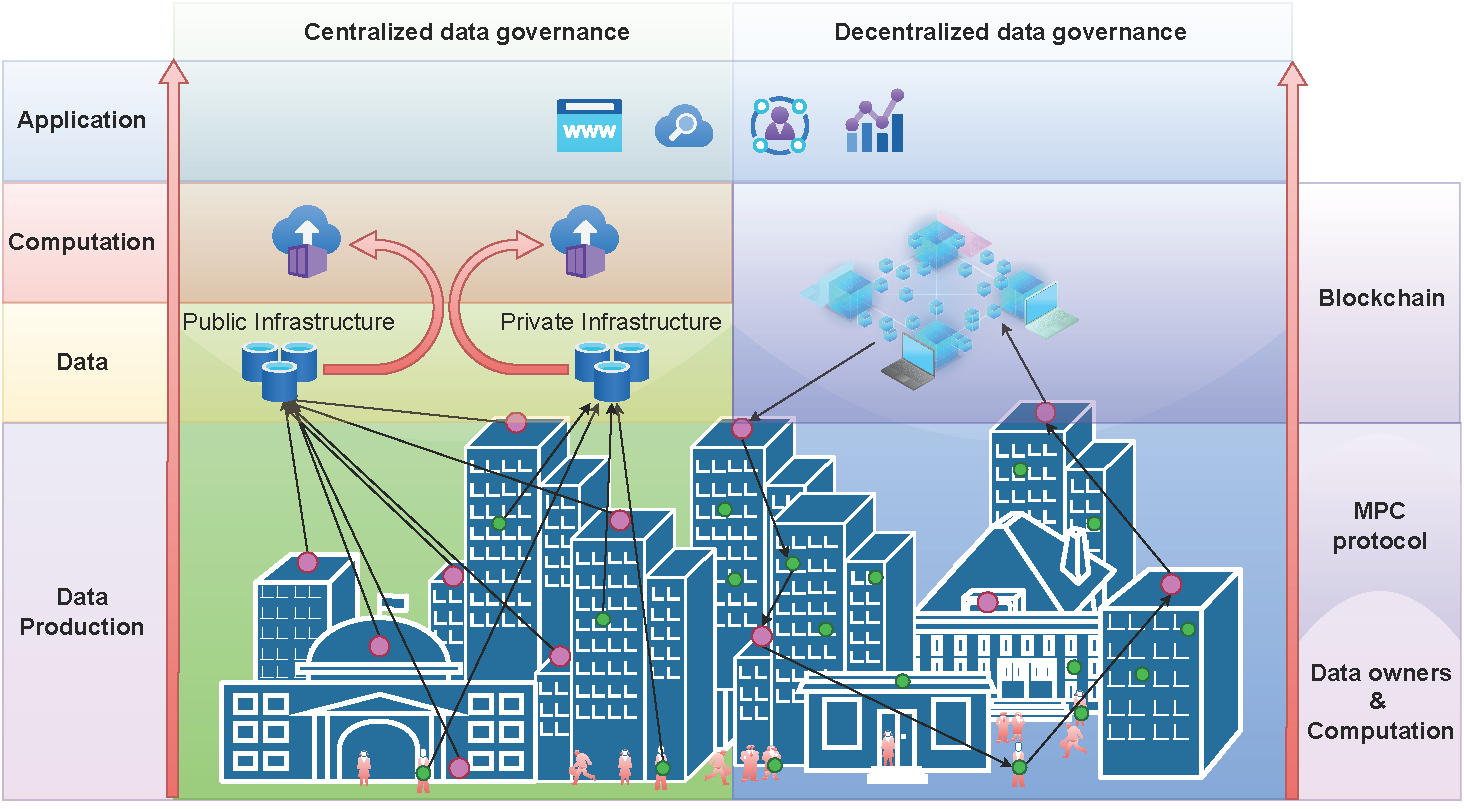
- GRANT NUMBER: 101031402—PACK-NIN—H2020-MSCA-IF-2020
- PROJECT TITLE: Modified lignin nanoparticles for composite and bio-based/Cu packaging applications (PACK-NIN)
- PROJECT LEADER: Esakkiammal Sudha Esakkimuthu, PhD
- PROJECT SUPERVISOR: Matthew Schwarzkopf, PhD
- PERIOD: 01.04.2021 – 28.02.2023
- BUDGET: €162,040.32
- FINANCING: EU, Horizon 2020–H2020-MSCA-IF-2020 Marie Skłodowska-Curie Individual Fellowship (Standard European Fellowships)
- COORDINATOR: InnoRenew CoE (Slovenia)
Globally, polymer consumption is increasing in end-user industries such as packaging, household appliances, construction and automobiles. Consumer demand, lifestyle change, feedstock availability and urbanization are fundamental factors that affect polymer industries. Comparing different applications, packaging alone accounts for nearly 42 percent of total polymer consumption. Polymers used in packaging have risen from 5 million tons to 100 million tons within the past 60 years (1950 to 2011). The number of polymers used in food packaging is especially noticeable due to convenience over traditional single-component glass and metal packaging. Polylactic acid (PLA) is among the most widely used polymer in plastic films, bottles and biodegradable medical devices. However, PLA exhibits some limitations—slow crystallization, poor thermal stability, loss of tensile strength upon water absorbance and high cost. PLA’s physicochemical properties can be overcome via incorporation with different polymers, like biomass-based polymer (lignin) that has shown much potential.
Lignin is the second most abundant aromatic biopolymer from biomass and an underutilized component produced as a by-product in the pulp and paper industry and burned for energy. Lignin has been used as a filler with PLA to enhance thermal stability, UV properties and tensile strength.
PACK-NIN will focus on incorporating Cu/lignin nanoparticle into the PLA matrix to enhance compatibility, bonding interaction and evaluate the antimicrobial activity of the synthesized composites. PACK-NIN proposes to develop a sustainable bio-nanocomposite that provides breakthroughs for advancing lignin use in food packaging and other composite applications.
InnoRenew CoE project activities
This is a Marie Skłodowska-Curie Individual Actions Fellowship awarded to Dr Esakkiammal Sudha Esakkimuthu to carry out the PACK-NIN project under the mentorship of Dr Matthew Schwarzkopf within InnoRenew CoE’s Renewable Materials Composites research group. In addition to her scientific contributions, Dr Esakkimuthu will gain professional experience and independence through MSCA program activities, mentor young researchers, organize events and manage projects.





